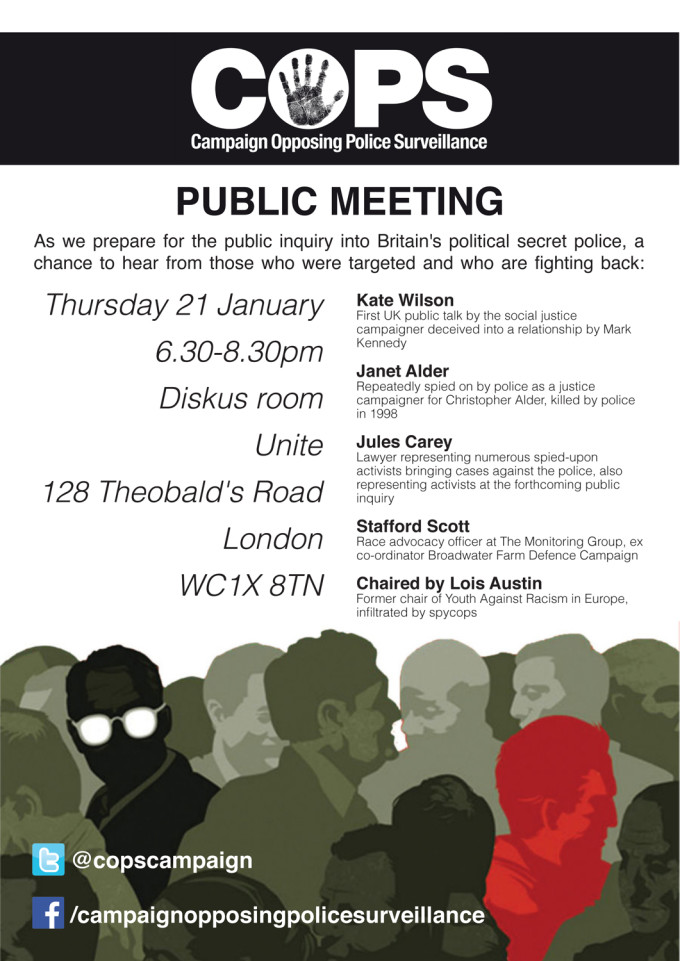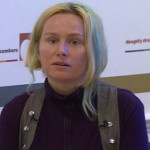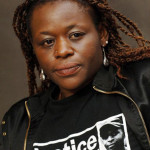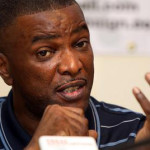Talk: Everything You Want to Know About the Spycops Inquiry

With the Undercover Policing Inquiry about to resume its hearings, covering the Special Demonstration Squad 1993-2008, Campaign Opposing Police Surveillance is holding an introduction to the Inquiry.
It will take place at MayDay Rooms, Fleet Street, central London on Sunday 19th October from 2pm to 4pm.
This event will be an introduction for people who know about the spycops scandal but want to learn more about the Inquiry itself or are thinking of attending the hearings.
On top of the horrendous abuses – intimate relationships, fathering children, spying on grieving families whose loved ones were killed in racist attacks, miscarriages of justice – undercover policing has been a significant attack on democratic rights since 1968, and done untold damage.
Political police systematically targeted left wing groups to undermine their ability to organise and their effectiveness, and went after those family justice campaigns seeking to hold the police to account.
The Inquiry has been a unique moment in British history to witness the secret state in action, and what we’ve learned has been worse than we imagined.
The lessons learned, and the Inquiry’s own recommendations will impact on political policing going forward.
The first part of the talk will be a practical session on the Inquiry’s set-up, how it works, what to expect and how to register.
It will also cover what we’ve learned in the Inquiry so far about the scandal, and what to expect in the coming sets of hearings.
With fifty years of scandal, it’s been a lot, and we’ve had some victories along the way, but there is much more to come.
The event is open to all. It is supported by Police Spies Out of Lives, the Blacklist Support Group and the Undercover Research Group.
WHERE: MayDay Rooms, 88 Fleet Street, London EC4Y 1DH
WHEN: Sunday 19 October, 2-4pm
COST: Free, but booking a place is advised if you want to guarantee a space.
TICKETS: Book on Eventbrite.
Any queries: Drop us an email at info@campaignopposingpolicesurveillance.com

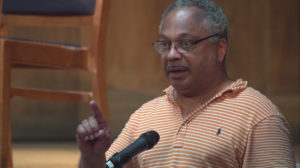
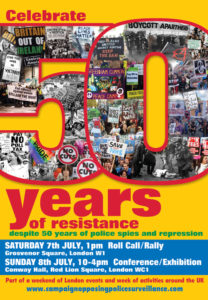
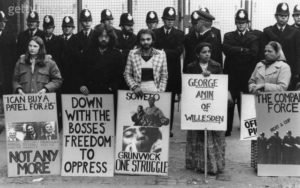 Spycops and Strikers is a public event in London on 15th February, part of a series of
Spycops and Strikers is a public event in London on 15th February, part of a series of 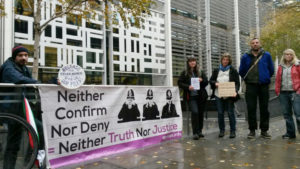 ear ago today
ear ago today 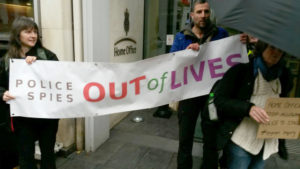
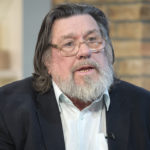
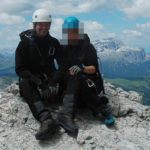
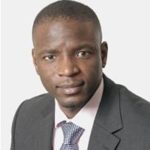

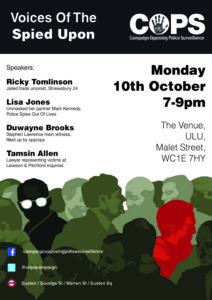
 The full line up and timetable of April’s crucial spycops conference has been released.
The full line up and timetable of April’s crucial spycops conference has been released.